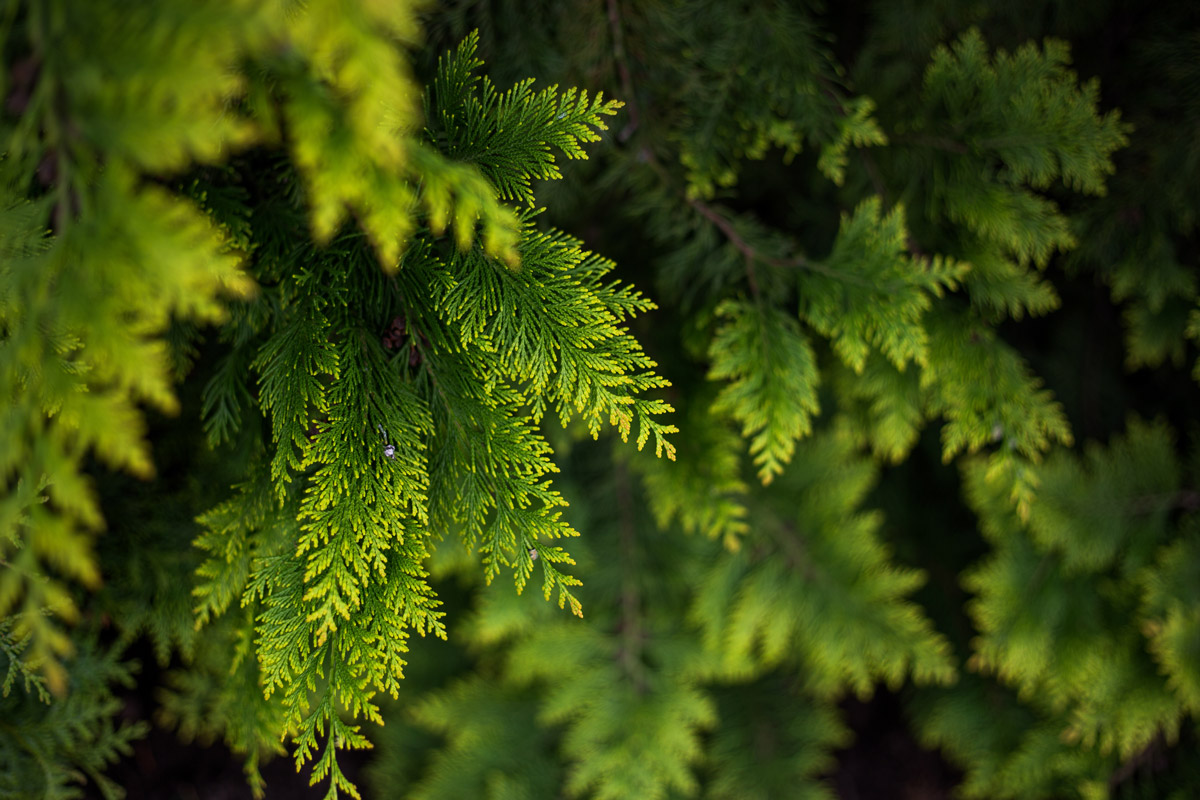2024
Should Lower Mainland Cedar Shrubs Be Fertilized in the Spring?

In case you are wondering when you should be fertilizing your Lower Mainland cedar shrubs or trees, yes, they can be fertilized in the spring. They can also be fertilized in the early summer or late fall. Today in our blog article, we are going to talk about best practices for fertilizing your cedar hedging on the Lower Mainland.
Fertilizer in General
Fertilizer should be for evergreens. On the bag, you will see three numbers that represent nitrogen, phosphorous, and potassium. The fertilizer recommended for evergreens (like your cedars) usually has a higher first number (nitrogen) followed by lower numbers for phosphorous and potassium. Nitrogen gets used up fast by evergreens, and not enough nitrogen will be seen in yellow growth (instead of green).
Don’t Over-Fertilize
Too much fertilizer can damage and even kill shrubs and trees, so follow the directions on the package or err on the side of making the fertilizer more dilute. Giving your plants more fertilizer than they need is not a good thing.
When to Fertilize
There is no hard and fast rule. Most people start fertilizing in the spring, to prepare the plants/shrubs/trees for new growth. You can apply something that is “slow-release” or keep fertilizing through early summer.
Stop fertilizing in July and August because the plants need to rest before going dormant in the winter. You do not want a flush of new growth right before winter. Some people fertilize with something slow-release starting in late fall, like November. But there is no upside to fertilizing if the ground is frozen.
For new cedar hedging, give us a call on the Lower Mainland at (778) 241-5664. This is our business and area of expertise.
Pacific West Cedars, based in Langley, British Columbia, farms, supplies, and installs cedar hedging on the Lower Mainland. They offer two kinds of cedars plus boxwoods: Western Red Cedar (Thuja plicata), and Emerald Cedars (Thuja occidentalis “Smaragd”). They work with landscapers, contractors, and also directly with the public.
If you have any questions about this article or would like to talk to us about cedars, we encourage you to call us at (778) 241-5664.


Post a Reply